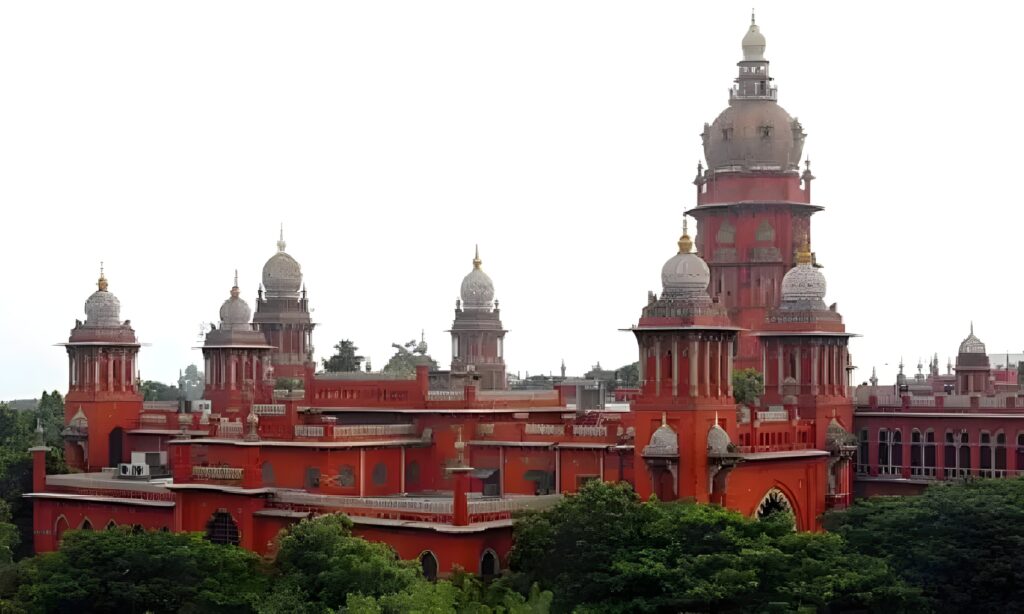Priyanshu
On August 9, 2024, Madras High Court delivered a landmark judgment affirming that the Right to Practice law is a fundamental right under Article 19(1)(g) of the Constitution of India. This judgment has significant implications for the legal profession, especially concerning the autonomy of advocates and the limits of authority that bar associations can exercise over them.
In this case, the Court ruled that Bar Associations are not empowered to restrain advocates from appearing before any court. This decision underscores the constitutional guarantee that every advocate has the right to practice their profession without undue interference. The Court’s interpretation aligns with the principles laid down in the Advocates Act, 1961, which governs the conduct and practice of legal professionals in India.
The case arose when certain Bar Associations attempted to prevent a lawyer from representing a client in a particular court. The associations claimed that the lawyer’s actions were against their rules or sentiments. The High Court decisively rejected this stance, emphasizing that such restrictions are unconstitutional. It reiterated that any attempt by bar associations to curtail the practice of law by a qualified advocate is an infringement on the fundamental rights of that individual.
This ruling also highlights the broader principle that professional bodies, while having the authority to regulate the conduct of their members, cannot overstep their bounds to the extent of violating constitutional rights. The judgment serves as a reminder that the regulatory powers granted to bar associations under the Advocates Act must be exercised within the framework of the Constitution.
The Madras High Court’s decision is not only a significant victory for the legal profession but also reinforces the idea that the practice of law is integral to the administration of justice. By protecting the rights of advocates, the Court has ensured that the legal system remains open and accessible, preventing any form of monopoly or undue control by professional bodies.
This judgment is expected to have a far-reaching impact, ensuring that no advocate is arbitrarily barred from practicing their profession in any court across India. It also sets a precedent that other courts are likely to follow, thereby strengthening the independence of the legal profession and upholding the rule of law in the country.
Case Title – V Senthil v. The Bar Council of Tamil Nadu & Puducherry
Case Number – W.P. 20133 & 222039/2024
Bench – Hon’ble Mr. Justice S M Subramaniam & Hon’ble Mr. Justice C Kumarappan

